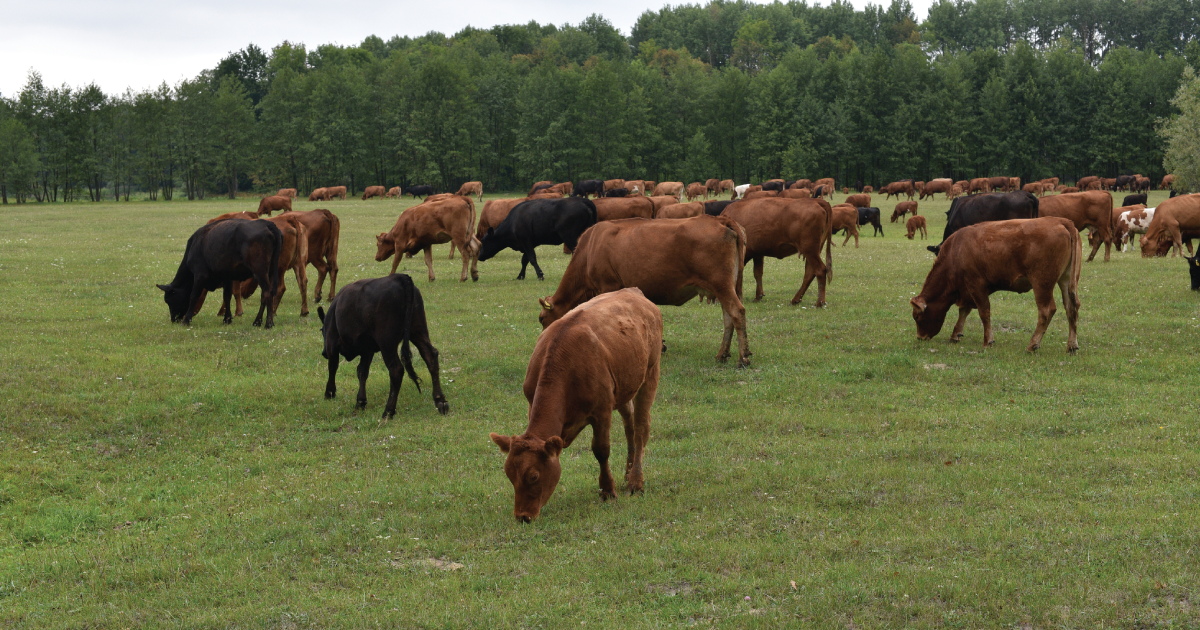
Moving American Agriculture to ‘Net Zero’
For American farmers, the writing is on the wall: climate crisis is no longer a distant threat, it is here. From record-breaking floods across the Midwest to intense land-falling hurricanes on our coasts to historic droughts in California, farmers across the country have been on the frontlines of extreme weather due to climate change.
November 13, 2019 | Source: National Sustainable Agriculture Coalition | by
New report from the National Sustainable Agriculture Coalition highlights new research to help farmers and ranchers meet the growing challenges of the climate crisis
For American farmers, the writing is on the wall: climate crisis is no longer a distant threat, it is here. From record-breaking floods across the Midwest to intense land-falling hurricanes on our coasts to historic droughts in California, farmers across the country have been on the frontlines of extreme weather due to climate change. The National Sustainable Agriculture Coalition (NSAC) has been helping farmers adopt climate-smart practices for decades, and today released a new report of policy and practice recommendations based on the latest climate science: Agriculture and Climate Change: Policy Imperatives and Opportunities to Help Producers Meet the Challenge.
“Agriculture can help lead the way in reversing the cataclysmic disruptions of climate change, but only if we understand how innovative agricultural systems can sequester greenhouse gases (GHG) to create resilience and productivity,” said Dr. Mark Schonbeck, Research Associate with the Organic Farming Research Foundation and one of the paper’s principal authors. “This position paper presents the latest research on those processes, and uses it to build practical policy recommendations detailing how legislators and advocates can encourage adoption of integrated organic production, management-intensive rotational grazing, agroforestry, and other systems that enhance natural cycles.”
